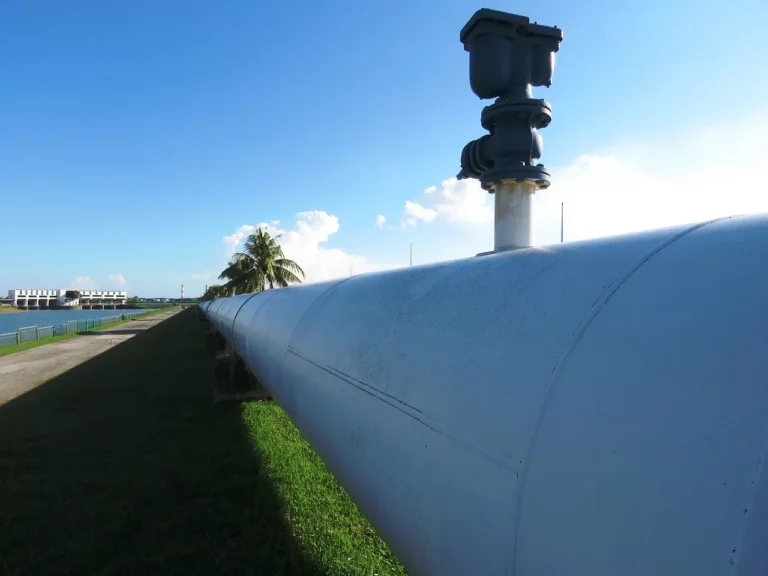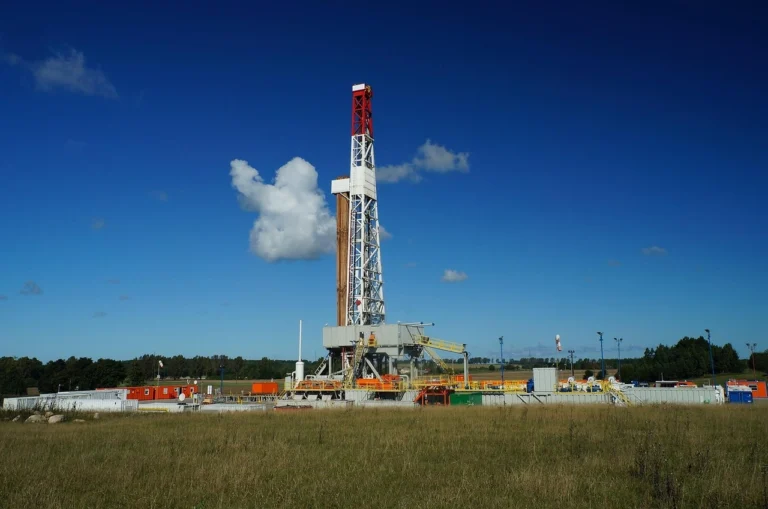
Fluor-JGC Joint Venture Secures FEED Contract for LNG Canada Phase 2 Expansion in British Columbia
Fluor Corporation (NYSE: FLR) announced that its long-standing joint venture (JV) with JGC Corporation has been awarded the contract to update the Front-End Engineering and Design (FEED) for the proposed Phase 2 expansion of the LNG Canada project. The facility is located in Kitimat, British Columbia, on the traditional territory of the Haisla Nation. The project represents a potential next chapter in Canada’s liquefied natural gas (LNG) industry and reinforces the strategic role of LNG in the global energy transition.
The FEED update marks a significant milestone for the possible Phase 2 development, signaling continued momentum following the successful completion and commissioning of Phase 1. Fluor confirmed that it recognized the value of the new contract—undisclosed due to confidentiality—in the second quarter of 2025.
The awarding of this engineering contract comes shortly after the landmark event of shipping the first LNG cargo from Phase 1 of the project, signaling the official operational status of Canada’s first large-scale LNG export terminal. Since construction began in 2018, the JGC Fluor JV has played a central role in realizing Phase 1 by delivering integrated services across engineering, procurement, fabrication management, construction, and commissioning. Their comprehensive efforts contributed to bringing the LNG Canada facility into full operation with a strong focus on safety, environmental stewardship, and project efficiency.
The LNG Canada project, situated strategically on Canada’s west coast, is distinguished by several natural and logistical advantages. With access to vast reserves of low-cost, low-emissions natural gas from British Columbia’s Montney Formation and proximity to Asian markets via a direct shipping route, the facility is uniquely positioned to support energy security for international partners while reducing global greenhouse gas (GHG) emissions.
The Phase 1 infrastructure is designed for an annual production capacity of up to 14 million tonnes of LNG. The facility is permitted to operate under a 40-year license granted by the Canadian government, making it a long-term asset for low-carbon energy exports. Its contribution to global decarbonization efforts is significant—by displacing coal-fired power generation abroad with natural gas, the project supports emission reductions beyond Canada’s borders.
Phase 2, still in the planning and pre-investment decision stages, would involve expanding the facility’s processing capacity, increasing storage and shipping infrastructure, and enhancing overall operational efficiency. LNG Canada and its joint venture participants are currently exploring the viability and logistics of this expansion, including securing regulatory approvals, market conditions, financing structures, and stakeholder engagement. A final investment decision (FID) has not yet been made.
The proposed Phase 2 expansion reflects the consortium’s confidence in the long-term future of LNG and the growing global demand for cleaner-burning fuels. The updated FEED study will enable stakeholders to evaluate technical options, cost estimates, and execution strategies, which will form the basis of the decision-making process ahead of any construction launch.
Fluor Corporation, headquartered in Irving, Texas, and with over 75 years of history in Canada, continues to demonstrate its capability in executing large-scale energy and infrastructure projects across diverse industries, including oil and gas, mining, petrochemicals, and power generation. The company’s presence in the Canadian market has been marked by a commitment to safety, sustainability, Indigenous partnerships, and local economic development.
Speaking on the FEED contract award, Mike Alexander, President of Fluor’s Energy Solutions business group, expressed enthusiasm about the opportunity to continue collaborating on one of the most prominent energy infrastructure projects in North America.
“We’ve been a proud partner of LNG Canada through Phase 1 and we look forward to contributing to the next chapter in the construction of this world-class facility,” Alexander said. “We commend the LNG Canada team for its foresight and commitment to the energy transition by providing natural gas, a lower-carbon energy alternative, to global markets.”
The LNG Canada joint venture is composed of a consortium of global energy leaders: Shell (the project’s operator), Petronas, PetroChina, Mitsubishi Corporation, and Korea Gas Corporation (KOGAS). These participants bring a combination of technical expertise, commercial capacity, and market access, which has underpinned the project’s progress to date.
From an environmental and social perspective, LNG Canada has also received recognition for its efforts to partner with local communities and First Nations. The project has worked closely with the Haisla Nation and other Indigenous groups to ensure meaningful engagement, training and employment opportunities, and environmental protection of the surrounding region. These efforts are expected to continue through any future expansion, with further opportunities for Indigenous inclusion and leadership in the energy transition.
The announcement of the FEED award comes at a time when global LNG demand remains strong, driven by decarbonization goals, energy security concerns, and shifts away from coal. According to industry analysts, LNG is expected to play a vital role as a transitional fuel—especially in Asia, where population growth and urbanization are pushing energy consumption upward. Projects like LNG Canada are thus poised to meet international demand while enhancing Canada’s reputation as a reliable supplier of responsibly produced energy.







